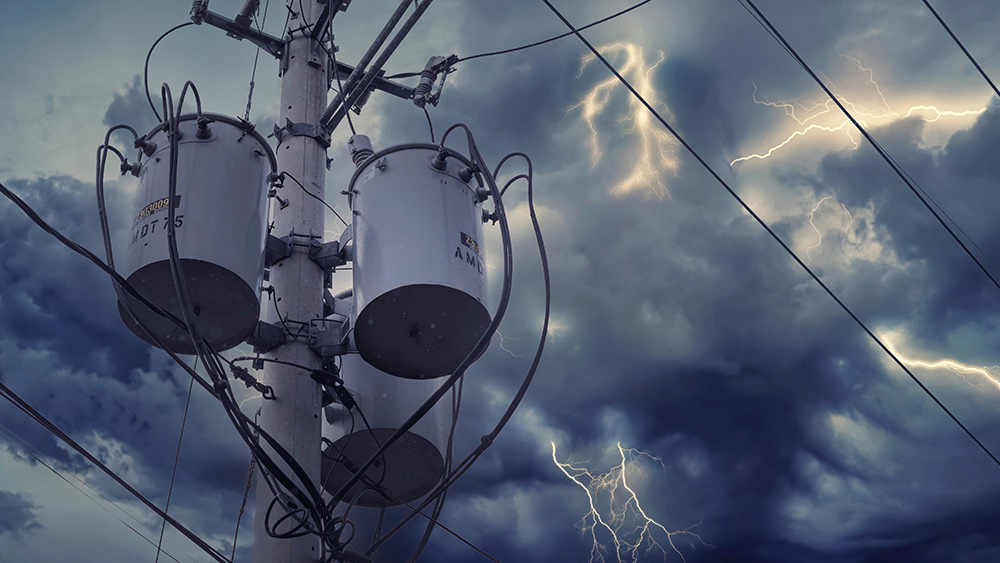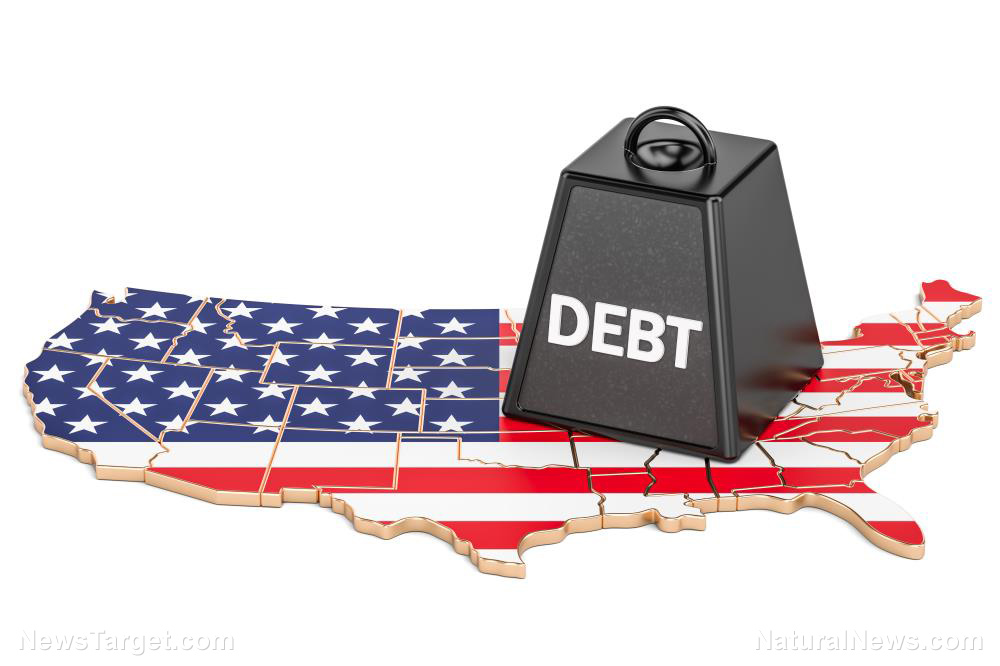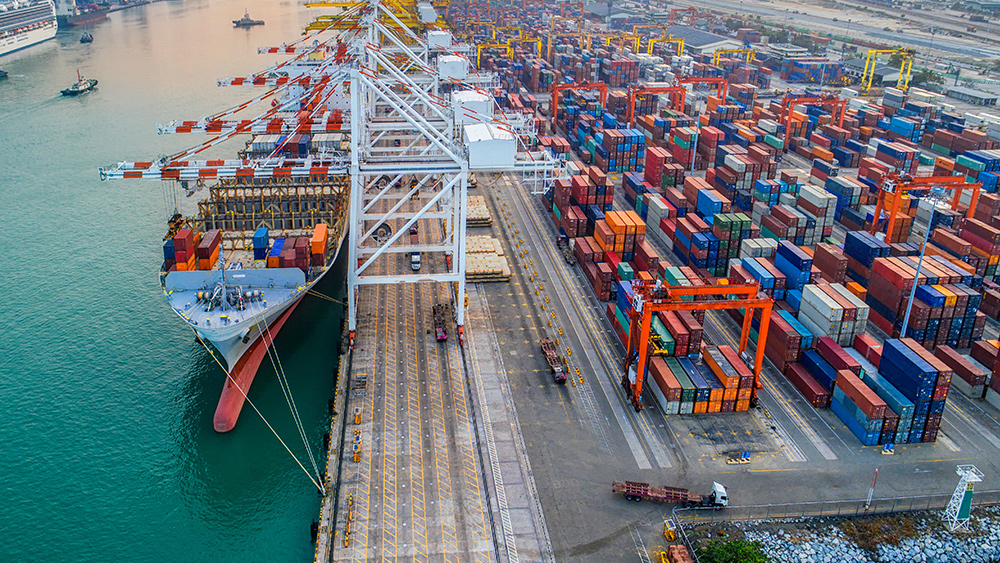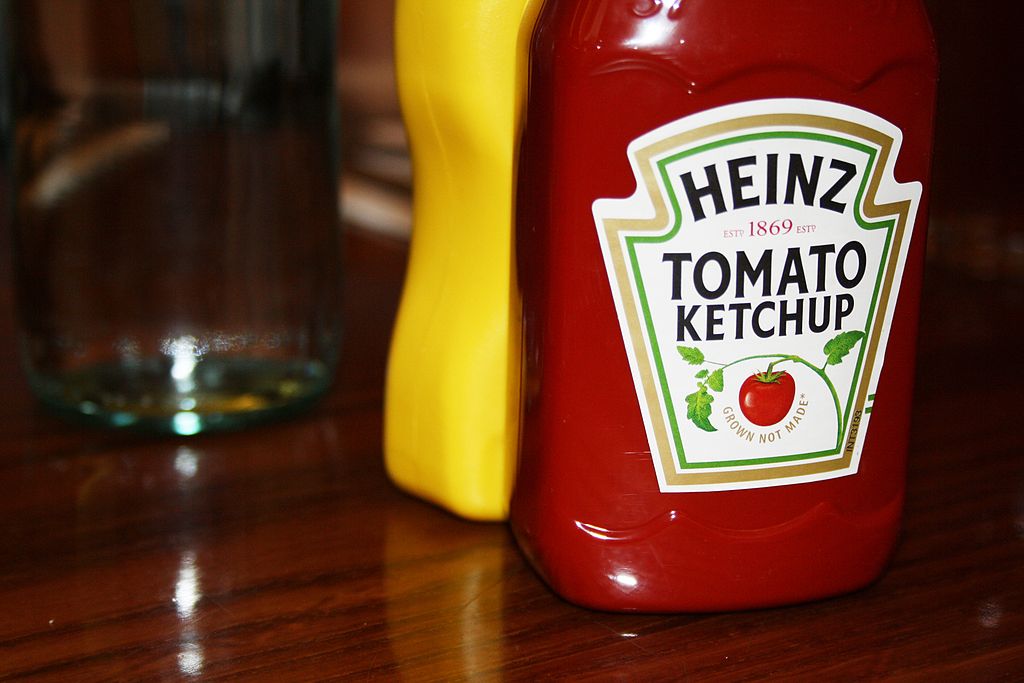Germany prepares for “emergency cash deliveries” ahead of anticipated dark winter energy blackout
11/17/2022 / By Ethan Huff

It appears as though the lights will soon go out in Germany, which is bracing for impact by making preparations for emergency cash deliveries.
Bundesbank, the country’s central bank, has begun “hoarding extra billions to cope with a surge in demand,” according to Reuters. There are also talks of potential withdrawal limits to prevent a bank run, said someone familiar with the situation.
Government officials and banking heads are also investigating possible energy distribution changes, such as giving priority access to cash transporters. (Related: German companies are going bankrupt as they can no longer afford to buy energy at inflated rates 1,000 percent higher than normal.)
BaFin, Germany’s financial market regulator, is planning discussions with Bundesbank and multiple financial industry associations to lay out these and other measures as possible interventions to avert disastrous power cuts.
The people making these claims – Reuters says there are four of them – have all chosen to remain anonymous since the plans are technically supposed to be private and are not yet set in stone.
German parliament warned a decade ago that “discontent” and “aggressive altercations” will occur if citizens aren’t able to access their cash during a blackout
Recall that just a few months ago, German politicians were reassuring their constituents that the country’s energy supply is just fine. Now, however, the possibility of widespread blackouts seems almost a certainty.
The fact that these discussions are now taking place, and in private no less, points to the fact that they know what is coming – and they know it is coming soon.
“… the discussions show both how seriously they take the threat and how they struggle to prepare for potential crippling power outages caused by soaring energy costs or even sabotage,” Reuters reports.
“They also underscore the widening ramifications of the Ukraine war for Germany, which has for decades relied on affordable Russian energy and now faces double-digit inflation and a threat of disruption from fuel and energy shortages.”
Many German people are likewise hoarding cash, including the Deutschmarks that were replaced by euros more than two decades ago. It turns out that Germany is one of the most cash-centric countries in the world because of the anonymity it provides.
A recent Bundesbank survey found that about 60 percent of everyday purchases in Germany are paid in cash. On average, a German citizen withdraws about 6,600 euros annually, primarily from cash machines as opposed to banks.
More than a decade ago, the German parliament issued a report highlighting how valuable and important cash is to the German people. In it, a warning was issued that if a blackout ever occurred that prevented Germans from accessing their cash, it would result in “discontent” and “aggressive altercations.”
At the start of the Wuhan coronavirus (Covid-19) scamdemic, there was a cash run in Germany. Some 20 billion more euros than was originally deposited was withdrawn, this being a new record.
One of the people involved in the matter claims that Bundesbank is well-prepared to deal with any spike in cash demand, should one occur. At the same time, that demand could wildly exceed all expectations, hence the push for drawing in more emergency cash reserves.
Existing law does not fully cover cash transport firms like Brinks and Loomis, though. Unless changes are made to ensure they have priority access to fuel and telecommunications during a blackout, civil unrest will ensue.
“There are big loopholes,” says Andreas Paulick, director of a firm called BDGW, noting that armored vehicles would have to line up at petrol stations “just like everyone else” is a blackout scenario.
The energy crisis is not going away any time soon. To keep up with the latest, visit Collapse.news.
Sources for this article include:
Submit a correction >>
Tagged Under:
blackout, cash, chaos, Collapse, dark winter, electricity, emergency, energy, energy crisis, fuel supply, Germany, Inflation, money supply, panic, power, power grid, rationing, Russian fuel, scarcity, supply chain
This article may contain statements that reflect the opinion of the author
RECENT NEWS & ARTICLES
COPYRIGHT © 2017 BUBBLE NEWS


















